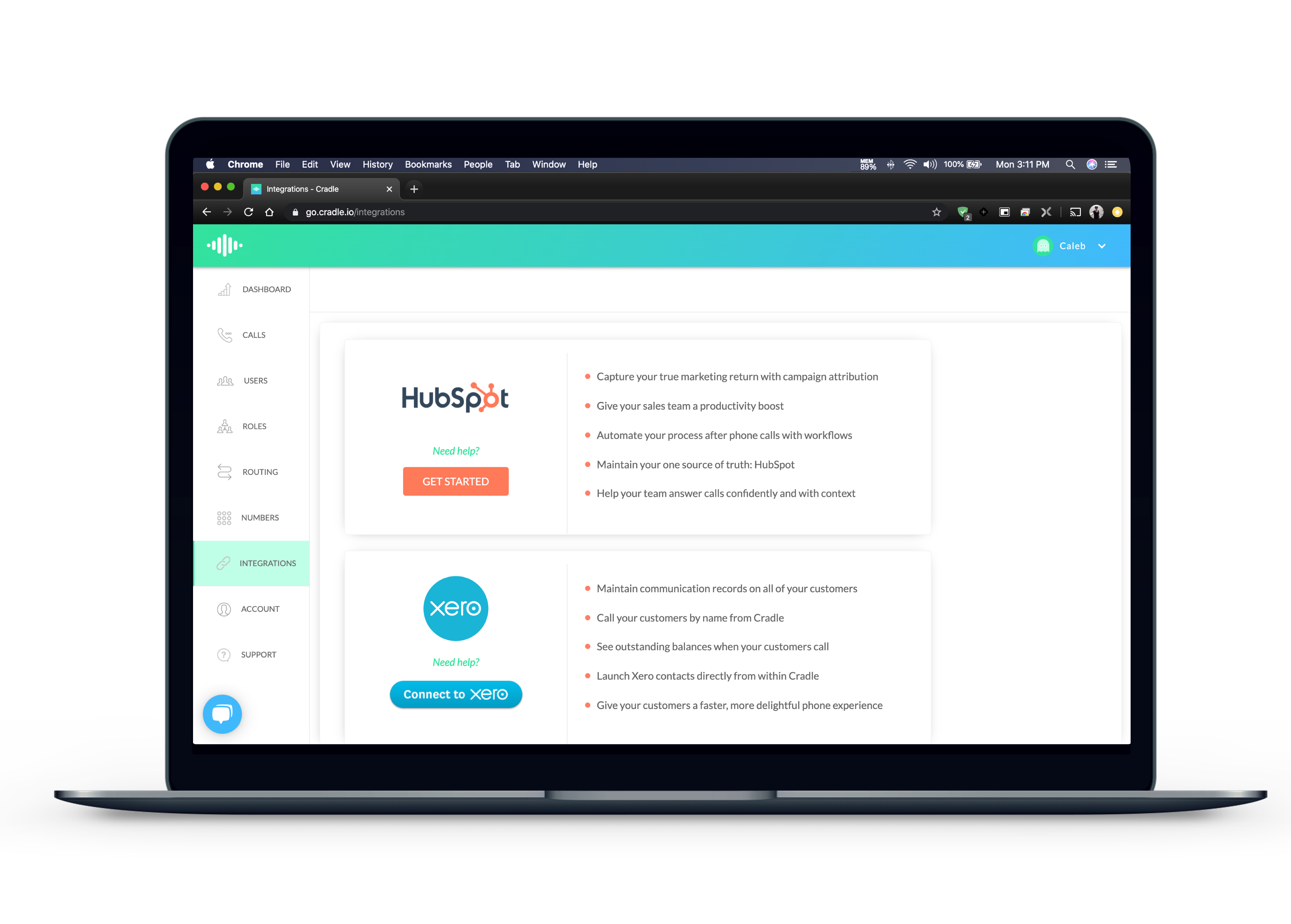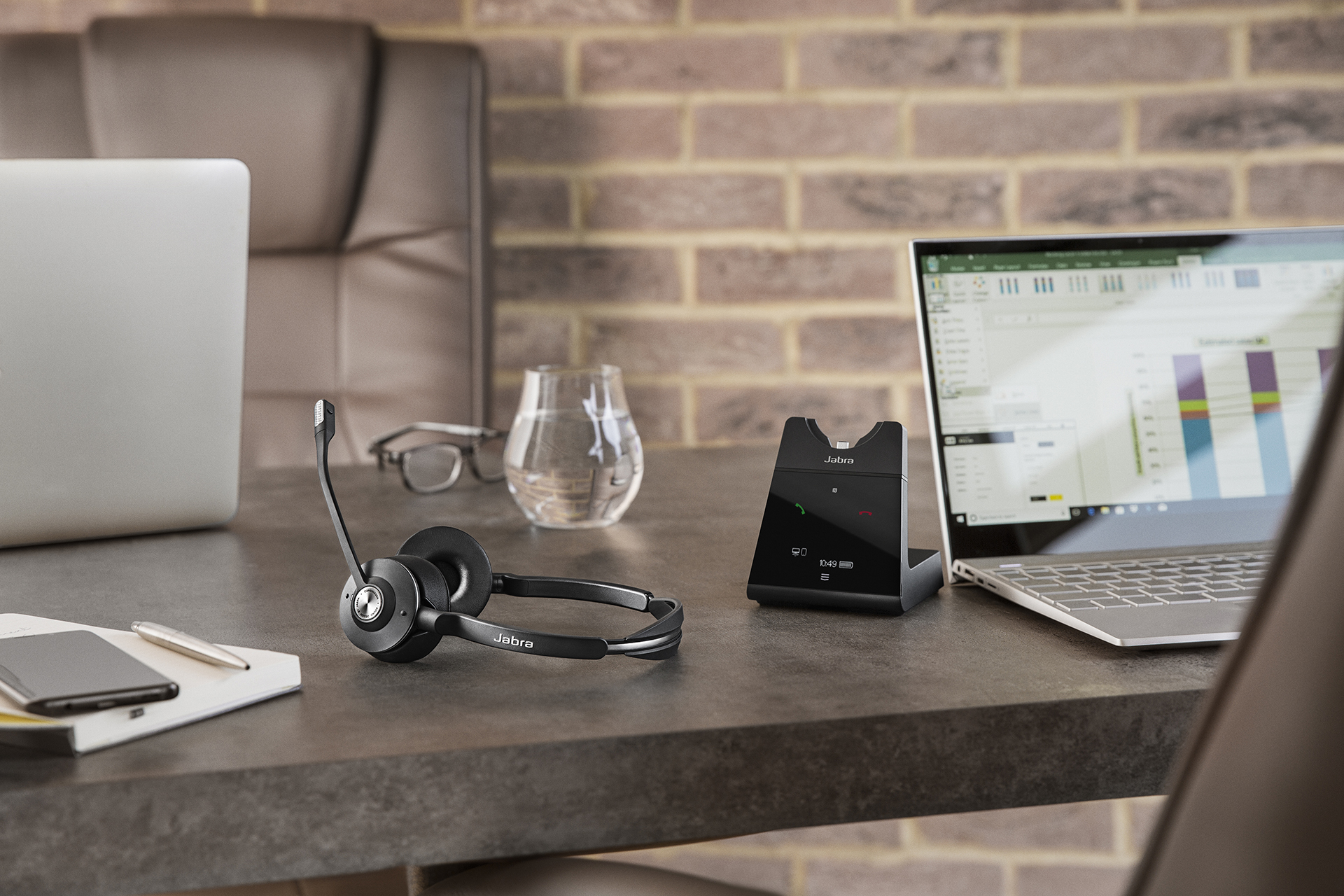The Future of AI in Phone Systems
The Future of AI in Phone Systems
- thoughts by Cradle Chief Executive, James McCarthy
Recently a customer of Cradle got in touch and posed an interesting question: what does Cradle see as the future of AI in phone systems and AI-driven answering services, and how can accounting firms leverage these technologies to future-proof their businesses?
As I started typing out my initial thoughts, I realised it wasn’t going to be a straightforward answer as there are many elements at play - many of which are ever-evolving.
The conversation around AI is changing rapidly, particularly in communication technologies like phone systems. At Cradle, we're keeping a close watch on how these advancements could transform client interactions, especially for accounting firms. The question at hand - What is the future of AI in phone systems, and what should firms be looking for - highlights an intersection between technology and client service, where AI is not just a tool, but a potential partner in communication.
To understand where AI-driven phone systems might be heading, it’s useful to look back at the trajectory of AI chatbots. About six to eight years ago, chatbots made their debut on platforms like Intercom and HubSpot Chat. In their infancy, these bots served primarily as search engines, sifting through knowledge bases to answer basic questions. Over time, they evolved into tools capable of handling more complex interactions, asking follow-up questions, and routing users to the right resources or individuals.
Despite these advances, most AI chatbots today still act as sophisticated information retrievers. They can answer predefined questions, but often lack the nuance needed for context-driven inquiries. What chatbots have demonstrated however, is how AI can support human interaction by filtering queries and routing only the most complex cases to specialists - a concept that the future of AI in phone systems might mimic.
AI’s role in phone systems for accounting firms seems poised to follow a similar evolution, but with its own set of challenges. Phone communication is a key channel for accounting practices, often reserved for discussing sensitive or complex financial matters. This raises critical questions like should AI serve merely as a gatekeeper for call routing? Can it provide accurate answers, or even replace human operators in handling routine queries?
In the medium term, it seems likely that many phone system providers will incorporate AI-driven call routing. For accounting firms, this could mean using conversational AI that gathers preliminary client information - such as the nature of a tax query or the status of a financial report and seamlessly connects the caller to the appropriate advisor. It’s a natural progression from Voice Menus and Interactive Voice Response (IVR) systems to AI systems that can engage in simple, yet contextually relevant, conversations.
However, the stakes are higher in accounting. An AI system could potentially access client data, appointment schedules, or billing information, requiring robust safeguards to ensure privacy and compliance with data protection regulations. The risk of miscommunication or revealing sensitive information is something accounting firms can’t afford, making it essential that any AI system in use prioritises security and accuracy.
At Cradle, we see AI's primary value not in replacing human interaction but in enhancing it - particularly for accounting firms. AI tools are excellent at handling backend tasks like recording call details, generating notes, flagging follow-up actions, and syncing data with financial management systems. These administrative chores are time-consuming for accountants, but they’re a breeze for machines. By automating these elements, AI frees up valuable time for accountants to focus on what they do best: offering tailored advice, interpreting complex regulations, and building strong client relationships.
This philosophy of support over replacement aligns with Cradle’s broader mission, which is to facilitate meaningful connections. AI is an enabler - it streamlines processes and empowers humans to invest more in their professional interactions. For accounting practices, this means more time spent advising clients, understanding their needs, and delivering personalised solutions without the distraction of administrative tasks.
The future of AI in phone systems for accounting firms will be defined by a careful balance between efficiency, privacy, and personalised service. As conversational AI becomes more sophisticated, accounting practices might see systems that can handle simple tasks; like booking appointments, confirming tax filing deadlines, or providing routine status updates, without human intervention.
However, the line between helpful automation and intrusive overreach will be delicate. For practice managers, it’s essential to be clear on what you want to achieve with AI.
Is the goal to increase efficiency by reducing call handling time? Improve the client experience by providing faster, more accurate information? Or decrease costs by automating routine enquiries? Privacy and ethical concerns, particularly around financial data, must be at the forefront of any AI integration plan.
At Cradle, we're excited about the possibilities but remain grounded in our core mission: connecting people. AI is a powerful ally in this journey, but it’s not the destination. By leveraging AI for what it does best - organising, documenting, and routing - we aim to support the human element that remains irreplaceable in accounting. As technology advances, we'll continue to explore new ways to blend AI’s capabilities with the nuances of genuine human interaction, ensuring that communication remains not just efficient, but meaningful.
The future might be AI-driven, but in accounting, it’s still very much about trust and relationships. And that’s a future we’re eager to embrace.
Share this
You May Also Like
These Related Stories

Xero and Cradle: accounting the RightWay

It’s not your Wi-Fi connection.. It’s your shoddy headphones!
